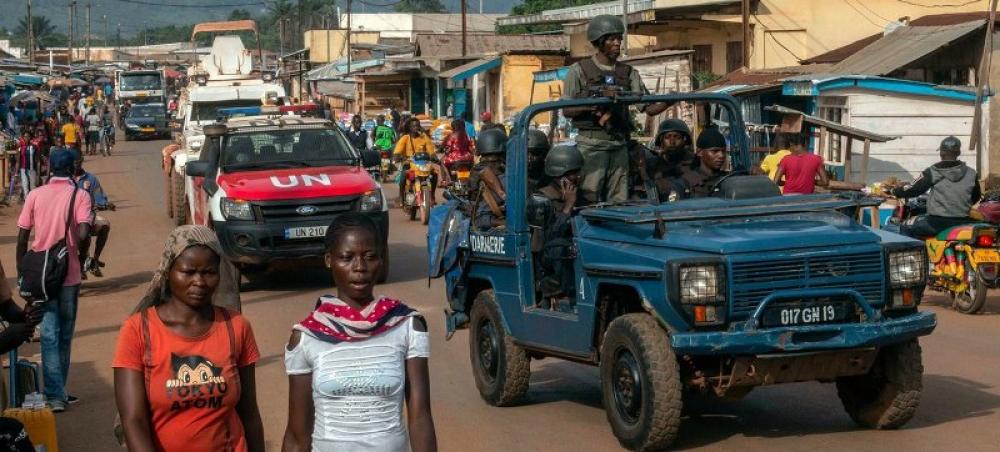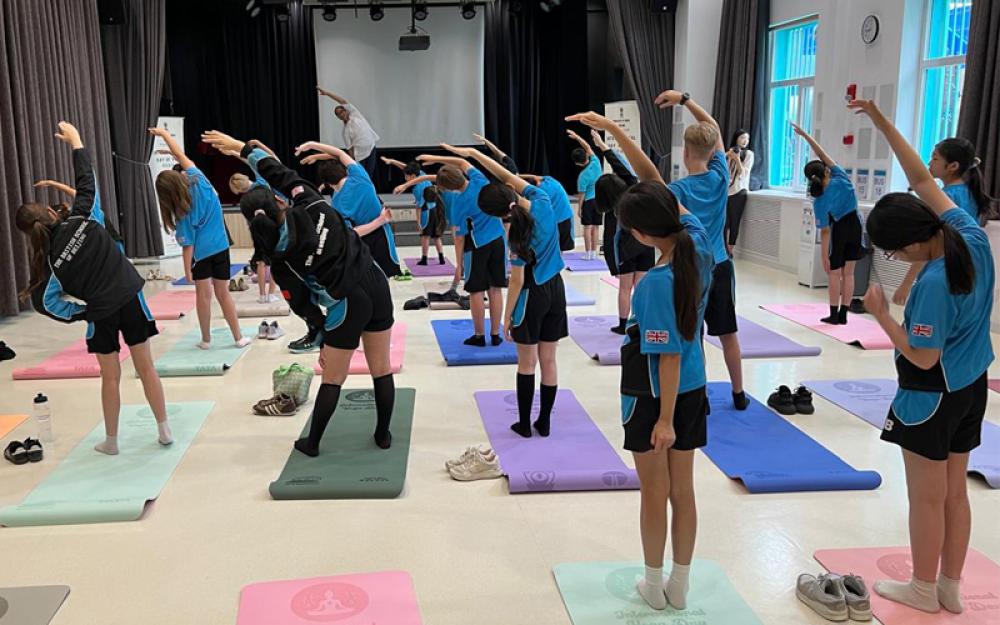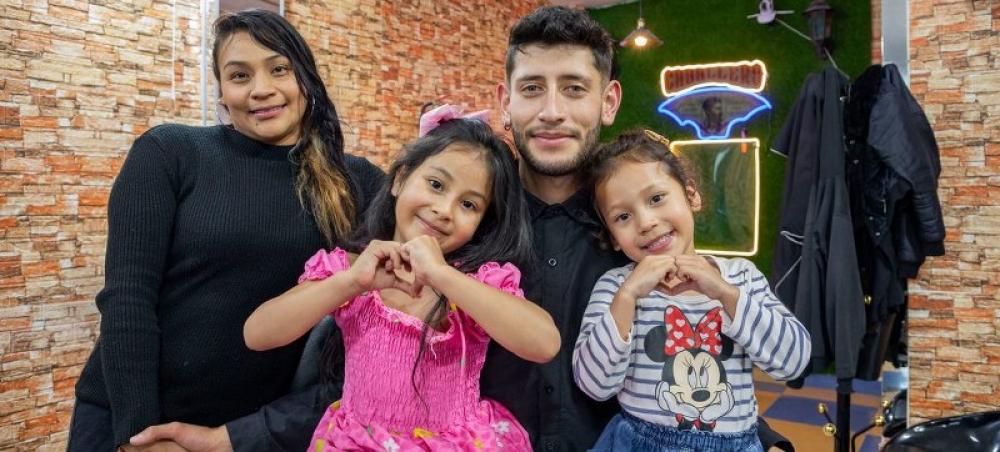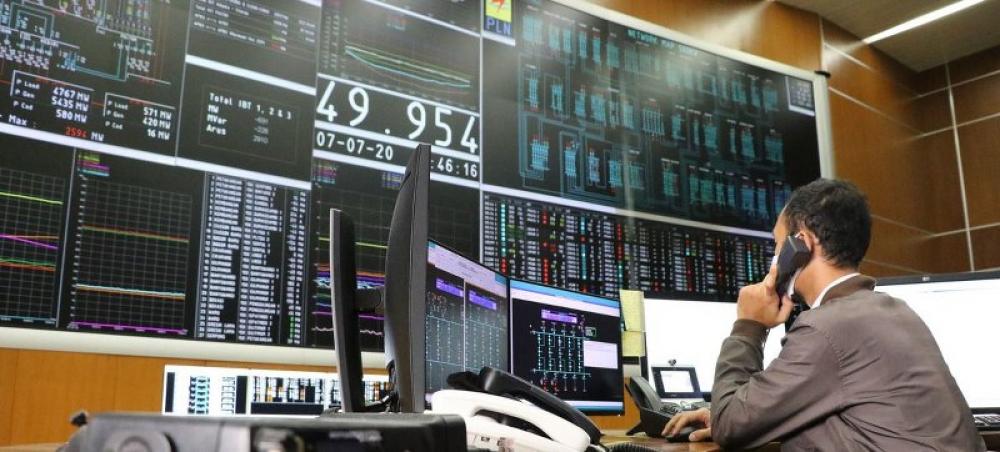Just Earth News | @justearthnews | 24 Jun 2025, 08:42 am Print
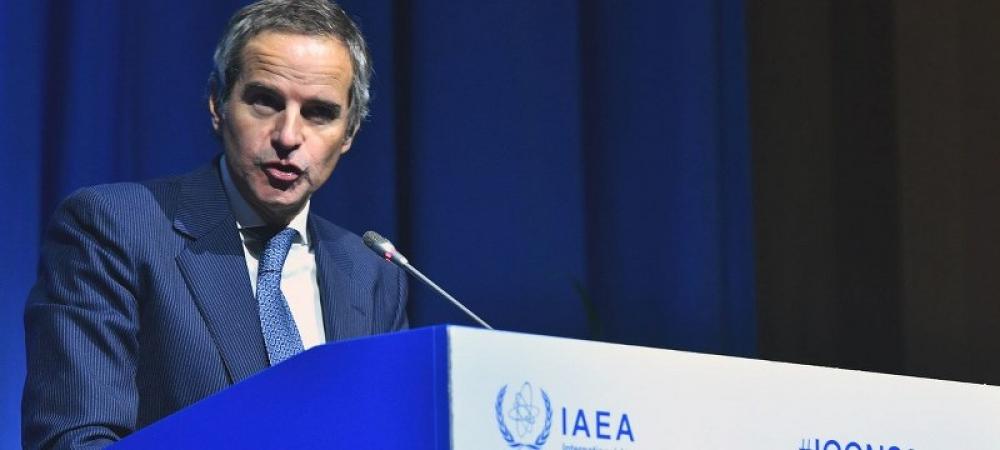 Iran-Israel
Iran-Israel IAEA Director General Rafael Mariano Grossi. (File photo) Photo: IAEA/Dean Calma
Amid signs on Tuesday that a fragile ceasefire appeared to be holding between Iran and Israel, the head of the UN-backed nuclear watchdog urged Tehran to consider “resuming cooperation” with the international community to quell any lingering hostility around its nuclear programme.
“I welcome announcements on Iran situation. Resuming cooperation with [the International Atomic Energy Agency (IAEA)] is key to a successful agreement,” said Rafael Grossi, Director General of the (IAEA).
In a short online post on X, Mr. Grossi added that he had offered to meet Iranian Foreign Minister Abbas Araghchi on working together, “stressing this step can lead to a diplomatic solution to the long-standing controversy” over Iran’s nuclear programme.
Tehran prison concern
Meanwhile, the UN human rights office, OHCHR, insisted that a notorious Tehran prison known for holding dissidents should not be a target, a day after a reported Israeli strike on the complex.
OHCHR spokesperson Thameen Al-Kheetan told media in Geneva that Evin prison is not a military objective, according to the laws of war.
“Targeting it constitutes a grave breach of international humanitarian law”, he said.
OHCHR does not have specific details about what the alleged attack, Mr. Al- Kheetan said, but there have reportedly been fires inside the prison and a number of injuries.
Casualty count
An updated casualty count from the Iranian authorities on Tuesday indicated that 610 people have been killed including 49 women and 13 children since 13 June. That number includes two pregnant women and one infant along with 4,746 injured, including 185 women and 65 minors.
Seven hospitals, four health units and six emergency bases and nine ambulances have been damaged, the Iranian health authorities said.
Some 28 Israeli citizens have reportedly been killed by Iranian missile strikes to date.
Civilians must be protected
Political prisoners including journalists are held at Evin prison, but whether they are detained “arbitrarily” or in connection with “crimes they've actually committed”, the inmates must be protected, Mr Al-Kheetan insisted.
According to media reports on Tuesday, Iran said that it transferred all the inmates out of the prison after it was hit by an Israeli strike, moving them to other prisons around the capital in order to repair damage.
A fragile ceasefire proposed by the United States seemed to take hold briefly on Tuesday morning, before reports of further Iranian missile strikes on Israel, disputed by Tehran.
The conflict began with Israeli air attacks on 13 June and escalated over the weekend with US forces striking Iranian nuclear facilities. Hundreds of civilians have reportedly been killed in the Israeli airstrikes, while Iran’s retaliatory strikes killed close to 30 people in Israel.
Asked about signs of a crackdown on dissent by the Iranian authorities in the context of the Israeli and US military campaign against the country, the OHCHR spokesperson stressed that it was “difficult to verify information” coming from Iran, given the lack of access.
He confirmed seeing reports about Iranians being “arrested for cyber activities and publishing content related to the Israeli attacks on Iran, according to NGOs”.
Mr. Al-Kheetan also spoke of reports that nine men have been executed in Iran since Israel attacked the country on 13 June.
He called on the Iranian authorities to “completely respect the rights to freedom of expression and information, at all times”, insisting that journalists “must be able to do their work without any obstacles”.
Iranian citizens reportedly arrested and accused of espionage or collaboration with Israel “must have their full rights in terms of legal procedures and a fair trial”, he said.
“If these arrests are arbitrary, those persons must be freed immediately and unconditionally,” he concluded.
Human Rights Council concerns
On Monday, independent human rights experts reiterated their concerns about Iran’s “use of broadly defined national security offences, some of which are punishable by death”, in the context of recent reported executions on espionage charges.
Last week, the UN deputy human rights chief, Nada Al-Nashif, told the Human Rights Council that at least 975 people were executed in Iran last year – the highest number of reported executions since 2015.
She also briefed the Council on the use of torture in Iranian prisons and the ongoing targeting of minorities, journalists and human rights defenders.
- Fragile truce: Donald Trump warns Israel not to drop bombs on Iran
- Donald Trump claims Iran, Israel agreed to a 'complete and total' ceasefire
- Iranian Foreign Minister Abbas Araghchi meets Putin in Moscow amid Middle East escalations
- US Homeland issues advisory over heightened threat environment following strikes on Iran
- US strikes Iran's nuclear sites: Antonio Guterres says diplomacy must prevail



